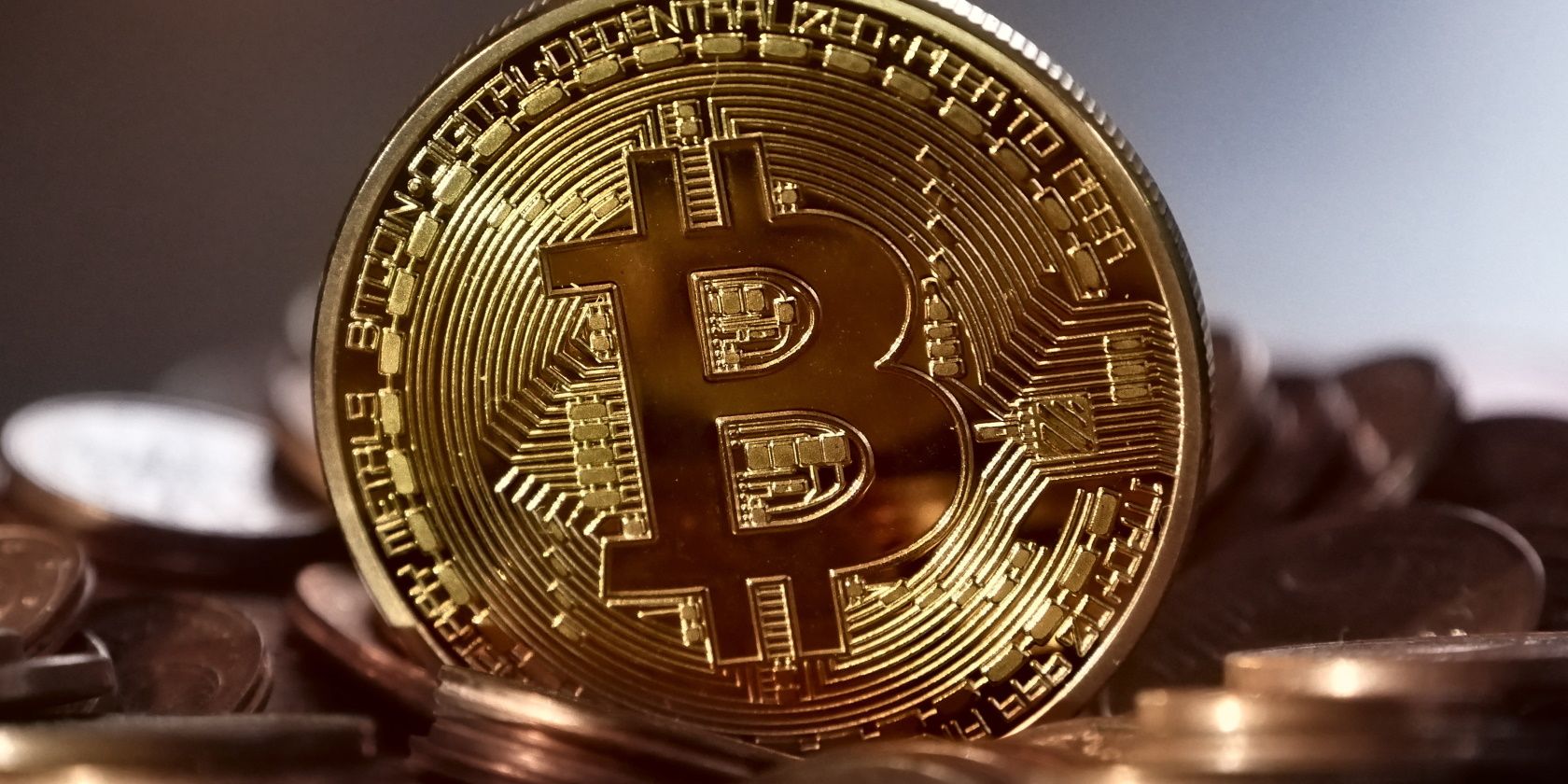Did you know that Bitcoin has a supply-limit of 21 million coins?
There is a lot of speculation about Bitcoin creator Satoshi Nakamoto’s reasons to make Bitcoin’s supply limited. Most people believe that this was his approach to creating a hard electronic currency without inflation.
However, whatever the reasons, other pressing questions arise, such as when will all Bitcoin be mined? Moreover, what will happen to Bitcoin miners once this happens?
Why Is Bitcoin’s Supply Limited?
Bitcoin is similar to gold in at least a couple of ways. It has a stipulation built into its source code that it must have a finite supply, which means both Bitcoin and gold are limited resources. For this reason, only 21 million Bitcoin can ever be in circulation.
Also, like gold, Bitcoin cannot be created out of the blue. It takes some work to extract. The difference, of course, is that Bitcoins are mined through computational means rather than being physically dug out of the earth.
All 21 Million Bitcoins Have Already Been Issued
Miners do not “create” any new Bitcoins, even if it seems like they do. In reality, Satoshi Nakamoto issued all 21 million Bitcoins when he launched Bitcoin in January 2009.
The actual role of a miner is to secure the network and process Bitcoin transactions. Every 10 minutes a successful miner discovers a new block by solving a cryptographic puzzle and is allowed to add it to the Bitcoin blockchain.
Blocks work as ledgers and are filled with Bitcoin transactions waiting to be processed. For this service, miners get automatically paid in the form of fresh Bitcoins and transaction fees.
When Will All Bitcoins Be Mined?
In the release announcement of Bitcoin V.0.1, Satoshi Nakamoto made a unilateral offer to anyone willing to fulfill his agreement to distribute them.
As long as miners played by Bitcoin’s rules in helping secure the network and processing Bitcoin transactions, they would be rewarded in the form of Bitcoins and transactions fees.
The release announcement stipulated the rate at which miners would be awarded Bitcoins for their work, stating that the said rate would be halved every four years until all Bitcoins were mined. It concluded by saying that once Bitcoin’s supply ran out, the reward system could be replaced by transaction fees.
When Bitcoin was launched, miners gained a reward of 50 Bitcoin for every newly discovered block. This was halved to 25 Bitcoins in 2012 and again to 12.5 Bitcoins in 2016.
As of 2021, miners gain 6.25 Bitcoins for every new block. At this rate, it means that the last Bitcoin won’t be mined until around 2140.
What Will Happen to Miners Once All Bitcoins Are Mined?
Bitcoin’s finite supply, coupled with the network’s reliance on miners to function, concerns most Bitcoin users and enthusiasts. This is mainly because miners’ main incentive to function as verifying nodes is the Bitcoin rewards.
Satoshi already provided a solution to the problem in Bitcoin’s announcement release. As we already mentioned, it said that once the supply ran dry, the reward system could be replaced by transaction fees.
Transitioning to Bitcoin Transaction Fee-Based Rewards
Even when Bitcoin’s supply is finite, miners will still have an incentive to continue to support the network long after its supply taps out. Miners already collect rewards in the form of transaction fees as well as Bitcoins.
Right now transaction fees only make up around 6% of a miner’s revenue. However, transaction fees returns are expected to increase exponentially before Bitcoin’s network reaches its supply limit.
Miner’s incentive to support the network will most likely slowly transition towards transaction fees before the last Bitcoin is mined.
Will Bitcoin Survive After the Last Coin Is Mined?
Unfortunately, for many of us, the year 2140 is too far in the future, so we’ll never know what happens at the moment the last Bitcoin is mined. Given the proactive and passionate Bitcoin community, you’d imagine a strong replacement will already be in place, most likely in the form of a revised transaction fee process as above.
About The Author

